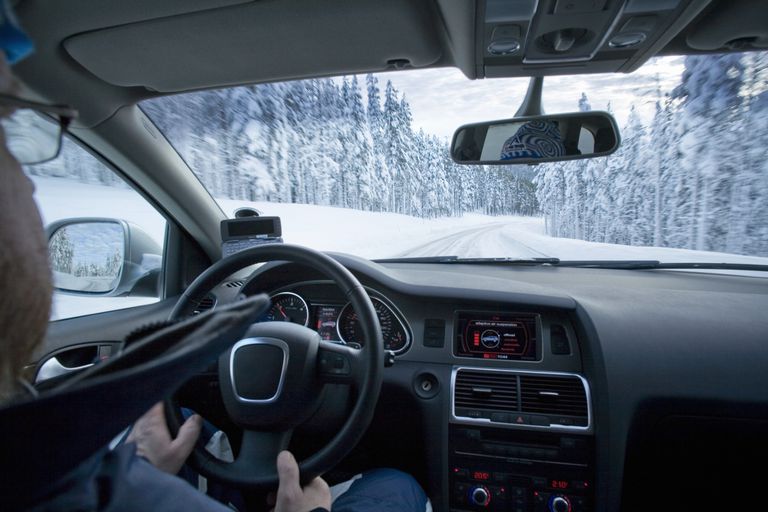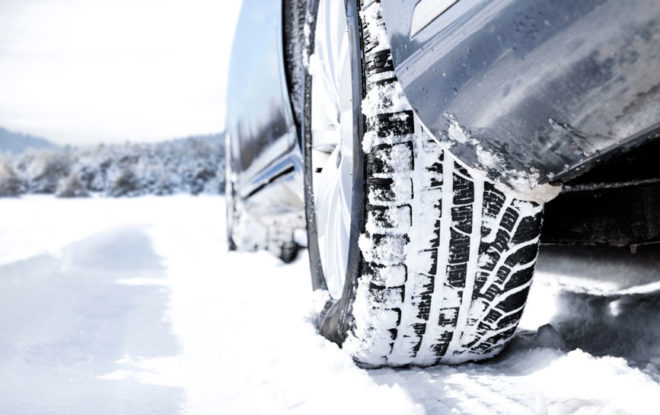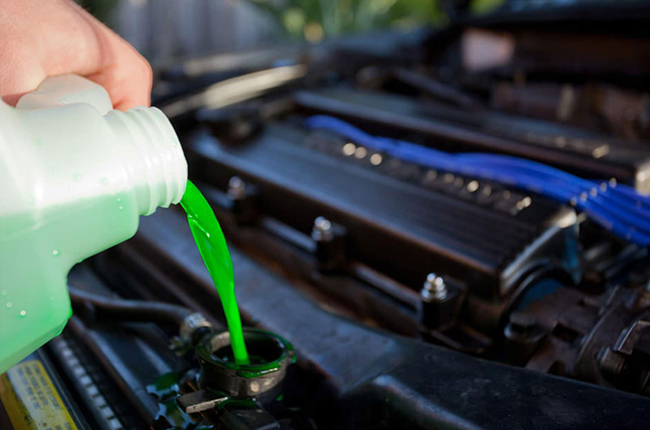
7 Ways To Prepare For Winter Driving In Canada
Whether we like it or not, winter is going to rear its ugly head and both you and your vehicle need to be prepared. When the driving conditions turn ugly, the safety of you and everyone in your vehicle relies on your preparedness for the conditions. To ensure you’re not caught in a blizzard or frigid temperatures unexpectedly, it’s wise to have the following tips taken care of in advance.
Change Your Oil
It’s imperative that oil flows smoothly and rapidly through your engine when you turn it on to prevent possible wear and tear. However, some people aren’t aware that using oil that’s not formulated for winter can thicken in frigid temperatures. Whether you change your own oil or take it to a local oil change shop, be sure to use a low-viscosity oil, which flows rapidly to provide protection. It can also help increase fuel economy because it reduces engine friction. It is generally recommended to change your oil every 3 months or between 5000 and 8000 kilometers.

Get Winter Tires
Arguably the most important tip here, investing in a good set of winter tires is key. They’re not just for snow. Since winter tires are composed of a softer rubber than all season tires, the soft compound helps them grip to slick or icy pavement better than all seasons, once temperatures drop below 10C. Also, due to their winter tread, snow and slush are more easily channelled away to help prevent sliding.
Fresh Wiper Blades
Since visibility is so important when driving, replacing your wiper blades whenever they are torn, cracked, begin to skip or start to bump/chatter is highly recommended. It’s suggested that they be replaced every 3-6 months. If you do so, you limit your chance of having a streaky windshield which can obstruct your vision, especially when driving into the winter sunshine and glare. Don’t forget to change the rear wiper blade on vehicles that have them equipped.
Check The Battery
There’s a misconception that because a battery was starting your engine easily in the summer months, that it will do the same in the winter. Unfortunately, that’s not always the case. Because the battery has to work harder in the cold to start your engine, it may not be as strong as you think it is, especially if it’s a few years old. It’s always a good idea to have your battery tested to see if it can handle the cold weather, by a certified service technician. He/she will also check to make sure the cables are in good shape, that they are attached firmly, and that the terminals are not corroded. To avoid being stranded because of a weak battery, its suggested that you replace it even if it’s still marginal.
Switch To Winter Washer Fluid
Washer fluid formulated for winter will more easily clean away winter grime like road sand and salt, all while it resists freezing. It’s a good idea to have a spare jug of washer fluid so you’re never caught dry. Under no circumstances should you use plain water. It will easily freeze and potentially damage the washer fluid pump.

Test Your Antifreeze – Engine Coolant
Visit your local service technician to test your coolant. It’s important that it can handle cold temperatures. Have the cooling system flushed and filled with new fluid when your vehicle’s maintenance schedule calls for it. Antifreeze can deteriorate gradually, at which point it inadequately protects your engine and cooling system – This includes the heater core. To avoid an extremely expensive maintenance bill when the heater core gets clogged with corrosion due to unchanged antifreeze, be sure to always get yours tested.
Prepare An Emergency Kit
Hopefully none of you will ever need this, however in the event you do, it’s always a good idea to be prepared for the worst. Since it can take a long time for help to arrive in a blizzard or storm, having an emergency car kit can potentially save your life. To find out what you should have in your kit, check out the 10 Must Have Emergency Car Kit Items.
These are just a few of the major things to do before old man winter comes calling. However, Incorporating these checks and changes can help keep your car running smoothly and safely throughout the winter season, giving you one less thing to worry about when you’re out on the road.
If you enjoyed this article or found it informative, feel free to check out our other blogs here.
